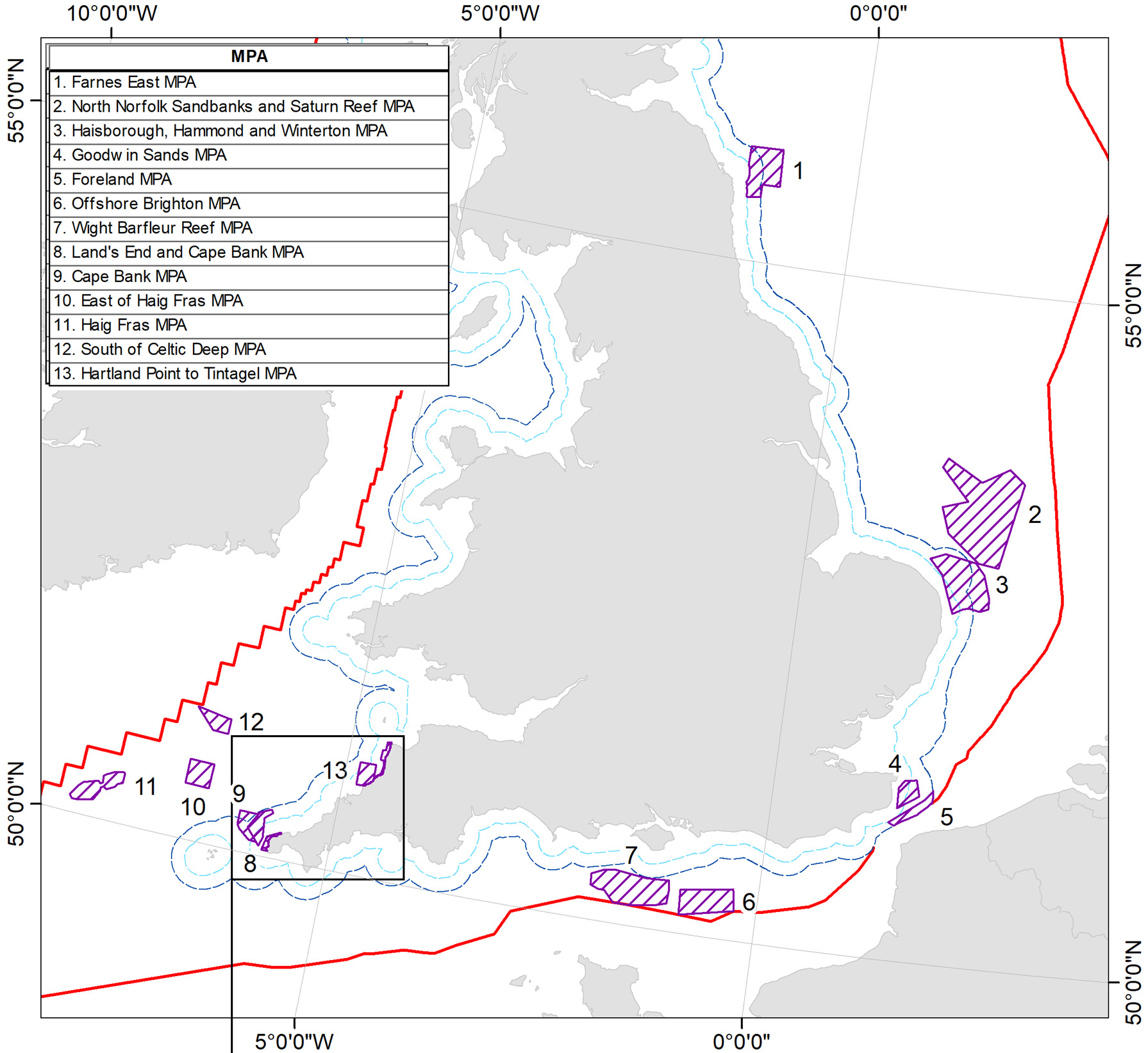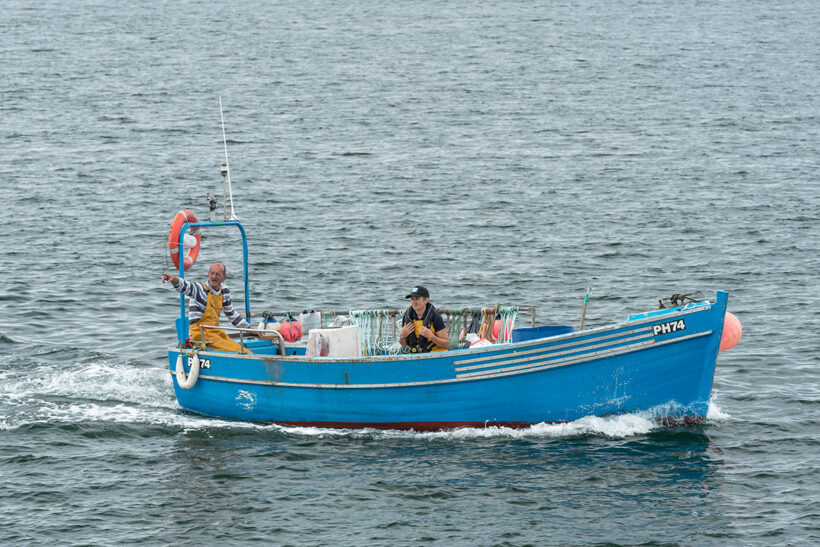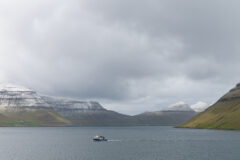The ban on mobile gear in 13 English Stage 2 Marine Protected Areas (MPAs) was announced during a photo op for Defra secretary Steve Barclay, with support lined up in advance from both government agencies and NGOs, covering a wide range of similar announcements.
As such, it was big on rhetoric, but much shorter on detail.
The Defra announcement first mentioned a focus on measures to enhance protection of 377 MPAs around the UK, before moving on to announce a ban on mobile gears in ‘rock and rocky and biogenic reef features’ within the 13 existing Stage 2 MPAs in English waters, as well as to safeguard protected species such as sea fans.
The MMO consultation on the proposed ban included a draft byelaw, with details of the proposed mobile gear restrictions in each of the 13 MPAs, as well as the reasons for these. The extensive consultation process, with calls for additional evidence, appears to have progressed to a conclusion without any changes at all to the original proposals.
Cynics may suggest the ‘consultation and call for evidence’ was therefore simply a public relations exercise. More trusting types will surely be pleased to see just how on the ball the civil servants who drafted the proposals and the byelaw were – clearly a very different team to those who dreamed up the proposals for the Lindisfarne HPMA around the same time.

Map of the 13 English Stage 2 MPAs where the mobile gear ban will apply.
Steve Barclay said: “We’ve made a lot of progress since we launched the Environmental Improvement Plan. We are building on this progress with a new package to safeguard our marine ecosystems and bring us one step closer to achieving our 30by30 target [30% of the seabed to be protected by 2030] both on land and sea.”
Tony Juniper, chair of Natural England, added: “The measures set out by the government today will take us closer to meeting our ambitious 2030 targets… We look forward to continuing to work in close partnership with government to accelerate delivery on the ground.”
Mike Cohen, CEO of the NFFO, saw the announcement in a very different light. In a statement for the federation, he put the moves into the wider context of spatial squeeze, including growing competition from the huge number of NGOs and agencies with an interest in bringing in funds on the back of environmental issues.
“The exclusion of mobile gear from rocky reef areas is another piece of invented drama that we could do without: part of the ongoing trend for fishing to be displaced from traditional grounds in favour of other interests.
“Whether it is extracting aggregates from it, building wind farms on it, or soliciting donations for campaigns to ‘protect’ it, many industries are now making good money from the seabed. There may be a place for what they do, but none of it puts food on tables or provides jobs in coastal communities, and it all squeezes out fishing businesses, which do.
“When consulting last year on management measures in Stage 2 MPAs, the MMO described the evidence that fishing was causing damage to these seabed features as ‘limited’. Hardly surprising, since the impact of most mobile fishing gear on the seabed is vastly less than the exaggerations peddled by those with little expertise and a vested interest in attacking fishermen. The MMO also stated that social and economic factors would not form any part of its decision- making on this matter.
“There is a serious job to be done in managing our marine resources in a changing world, but political theatre like today’s announcement does not contribute to it. Let us hope that it is not a sign of more such posturing to come.”
The original proposed byelaw, that now looks set to become law, including maps of all the areas within the 13 MPAs where mobile gear will be banned, is available here.
By Andy Read, Editor, Fishing News
This story was taken from the latest issue of Fishing News. For more up-to-date and in-depth reports on the UK and Irish commercial fishing sector, subscribe to Fishing News here or buy the latest single issue for just £3.30 here.
Sign up to Fishing News’ FREE e-newsletter here.






